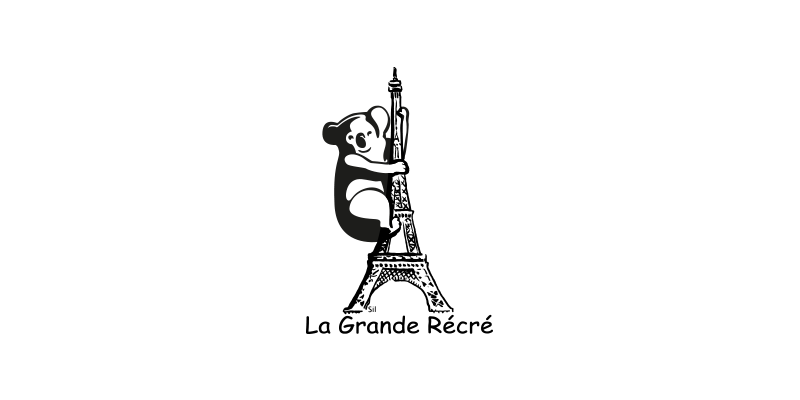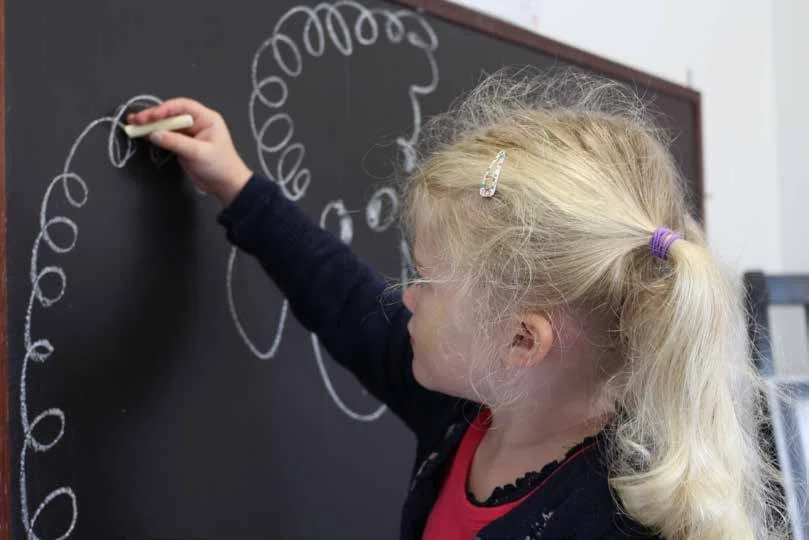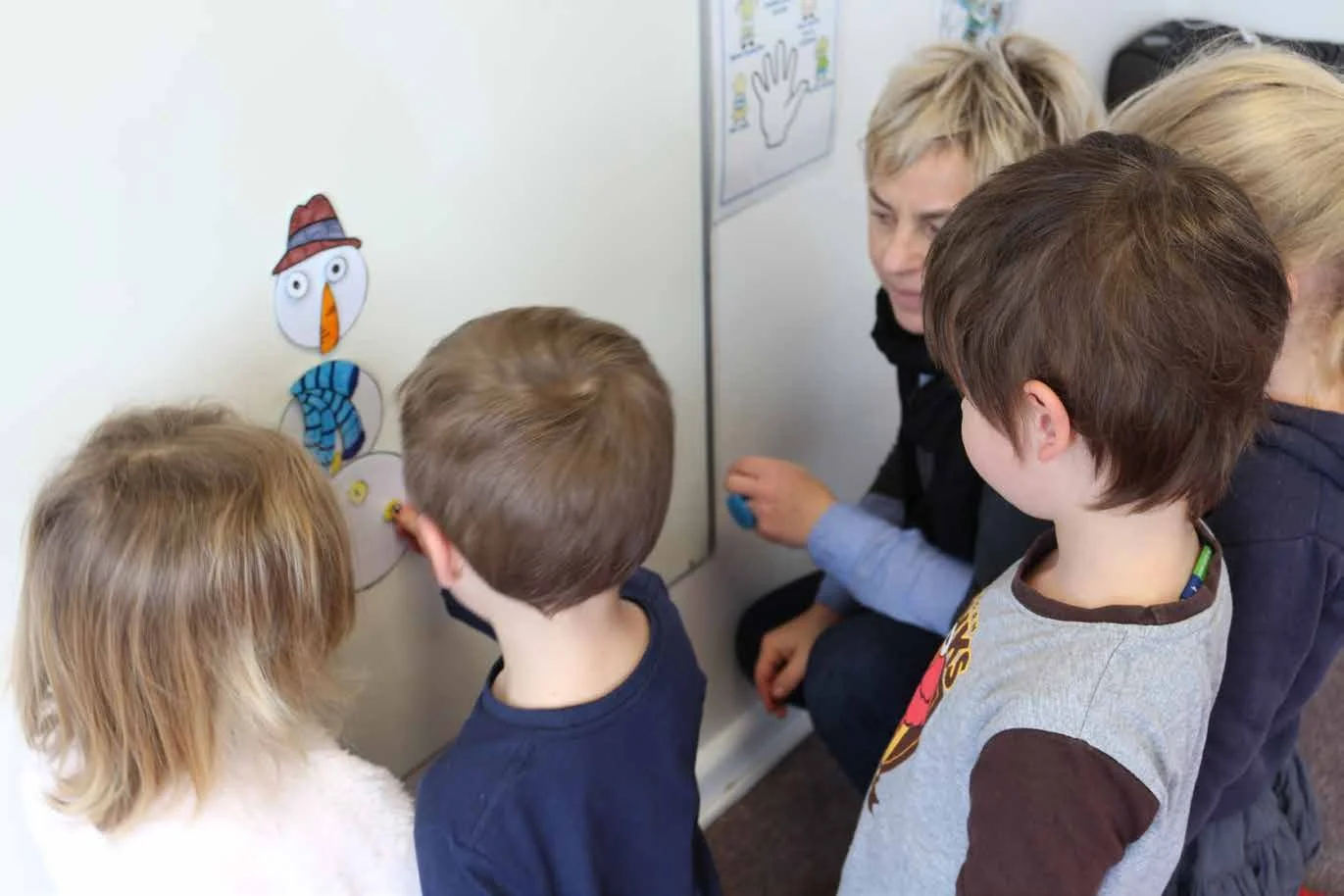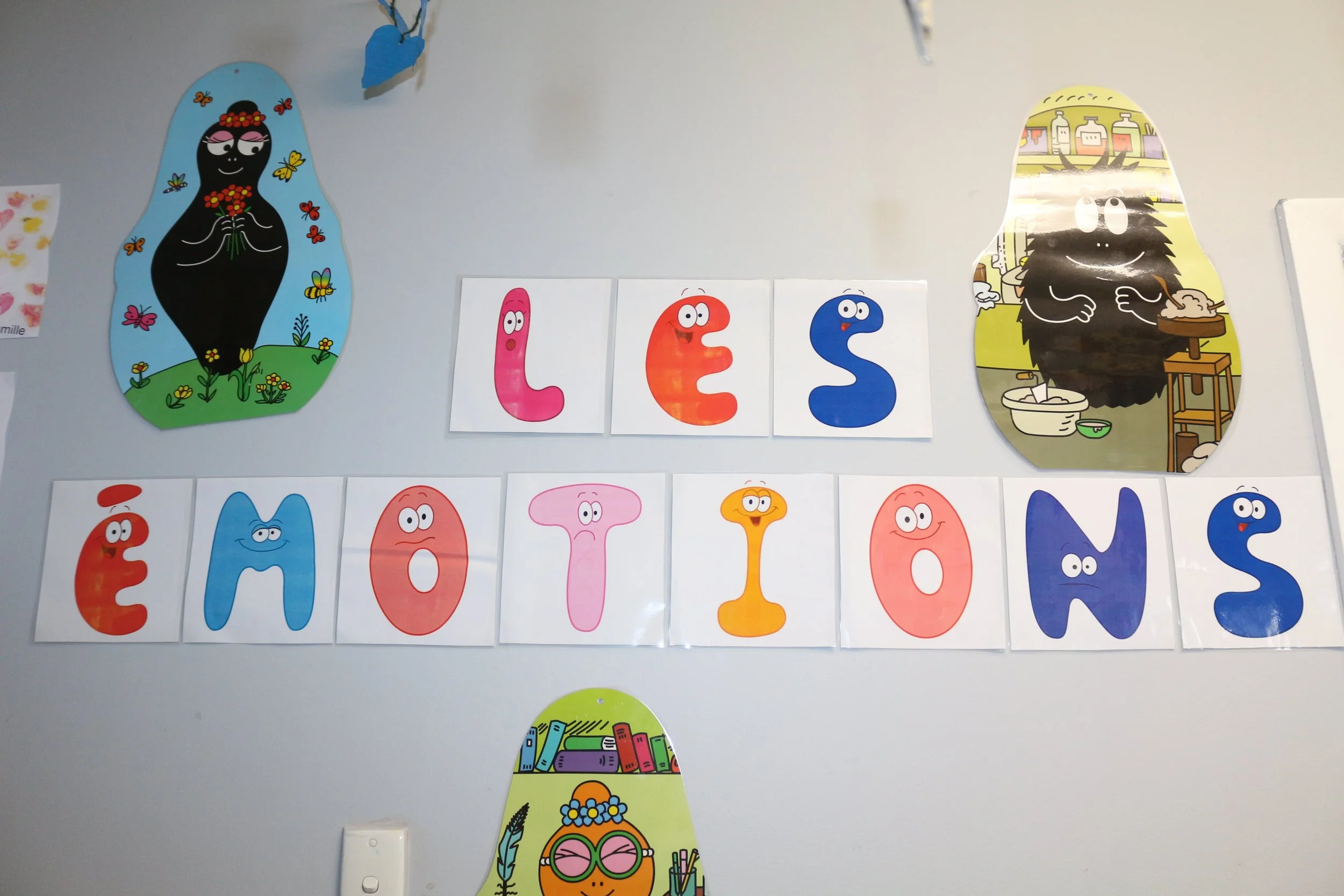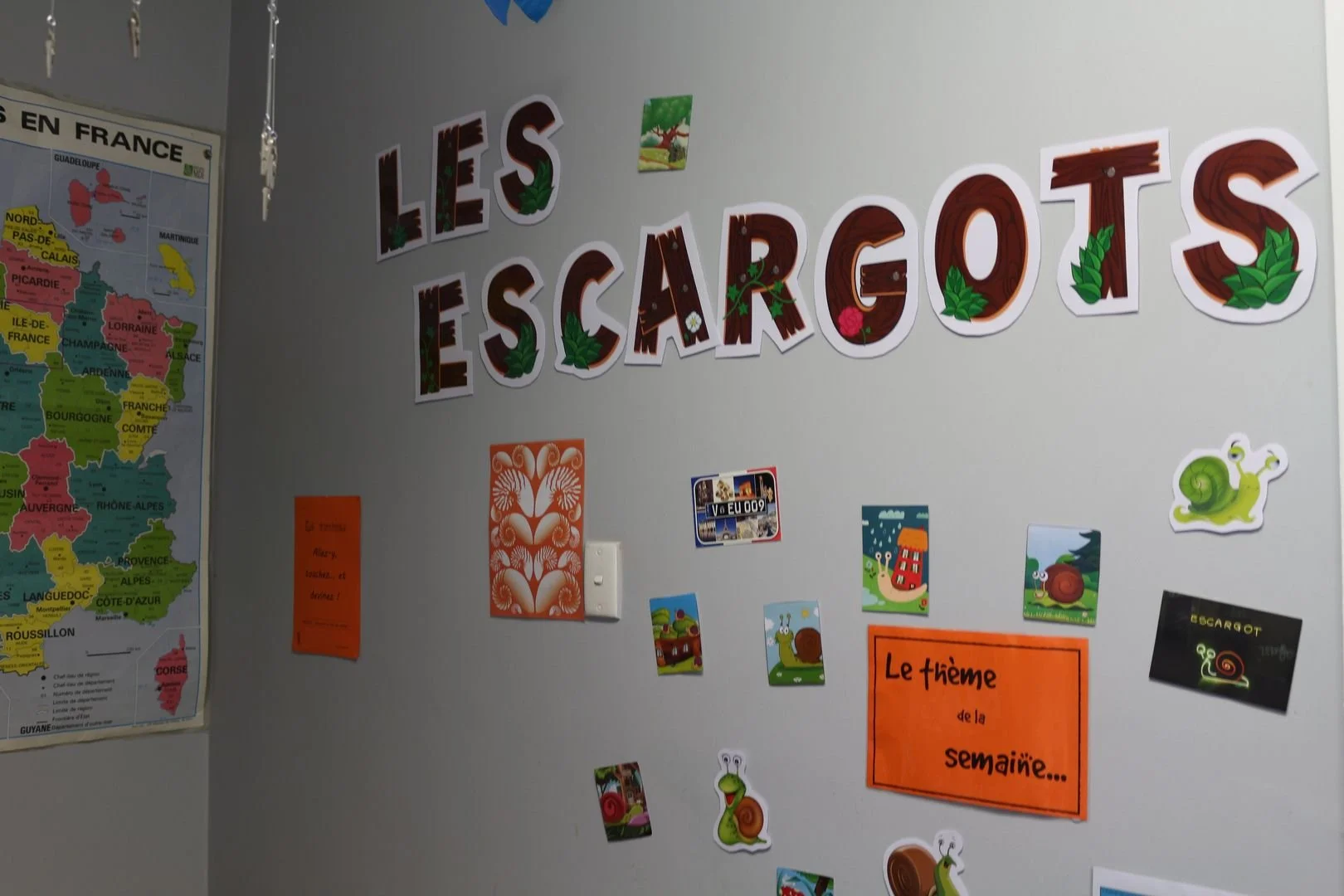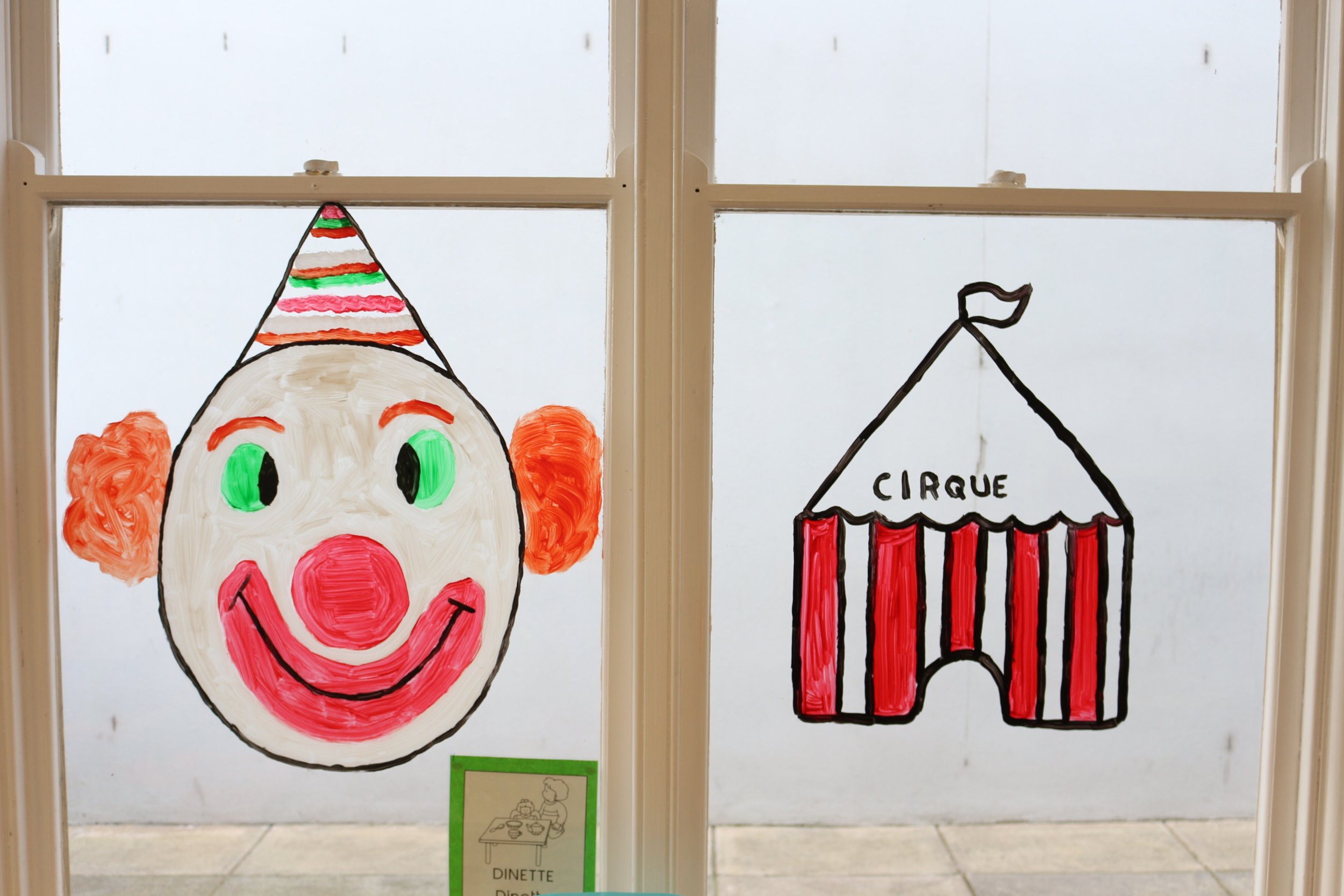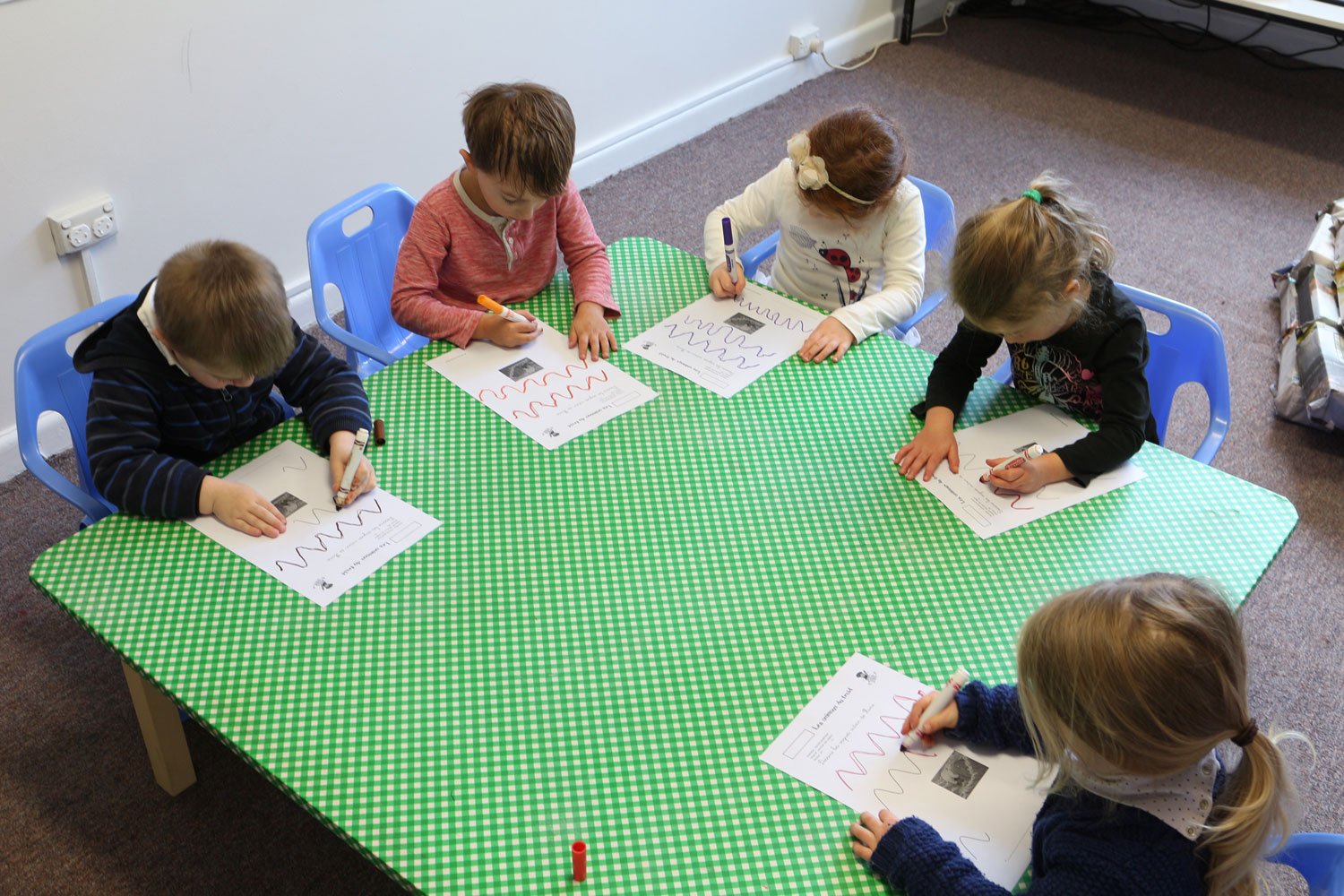
Philosophy and curriculum
Learning while having fun is our motto.
La Grande Récré offers a French immersion program based on the French preschool curriculum which covers all early childhood developmental areas, and is harmonised with the philosophies and main elements of the « Early Years Learning Framework » (EYLF).
Our teaching methods are tailored to the interests, skills and language level of the child. Children learn new skills through a variety of activities, including reading, writing, group discussion, singing, arts and crafts, exercise and games. We maintain the curiosity of each child by observing their interests and reflect them in our activities. Oral language is essential at this stage of child development, and occupies a very important place in La Grande Récré. This approach allows us to engage children at any level of proficiency in the French language.
Our philosophy: Click here
Our curriculum is binational. Developed by inquiries, it is organized in 5 learning areas as per the French preschool curriculum:
To mobilize the language in all its dimensions
To act, to express, to understand through physical activity
To act, to express, to understand through artistic activities
To build the first tools to structure thoughts
To explore the world
As a centre licensed by the Victorian Department of Education and Training to deliver education and care, we adhere to the vision and principles of the Early Years Learning Framework (EYLF).
The main vision for learning in the EYLF is based around the concept of children belonging (to different social groups), being (existing in the present moment), and becoming (identity). From this comes three main elements: principles, practice and learning outcomes. The principles and practice incorporate contemporary pedagogical theories and ideas such as the child being central to learning, play, relationships, and holistic approaches.
The EYLF seeks to achieve the following outcomes:
Children have a strong sense of identity
Children are connected with and contribute to their world
Children have a strong sense of wellbeing
Children are confident and involved learners
Children are effective communicators
Themes for the year 2024
Term 1
February, March
Emotions and Valentine's Day, Knights and princesses, Chocolate and Easter
Term 2
April, May, June
Family and Mother's Day, The five senses, Snails.
Term 3
July, August, September
Animals of the cold, Jobs and Father's Day, The circus
Term 4
October, November, December
Spiders, cats and Halloween, Wolves, Christmas around the world


